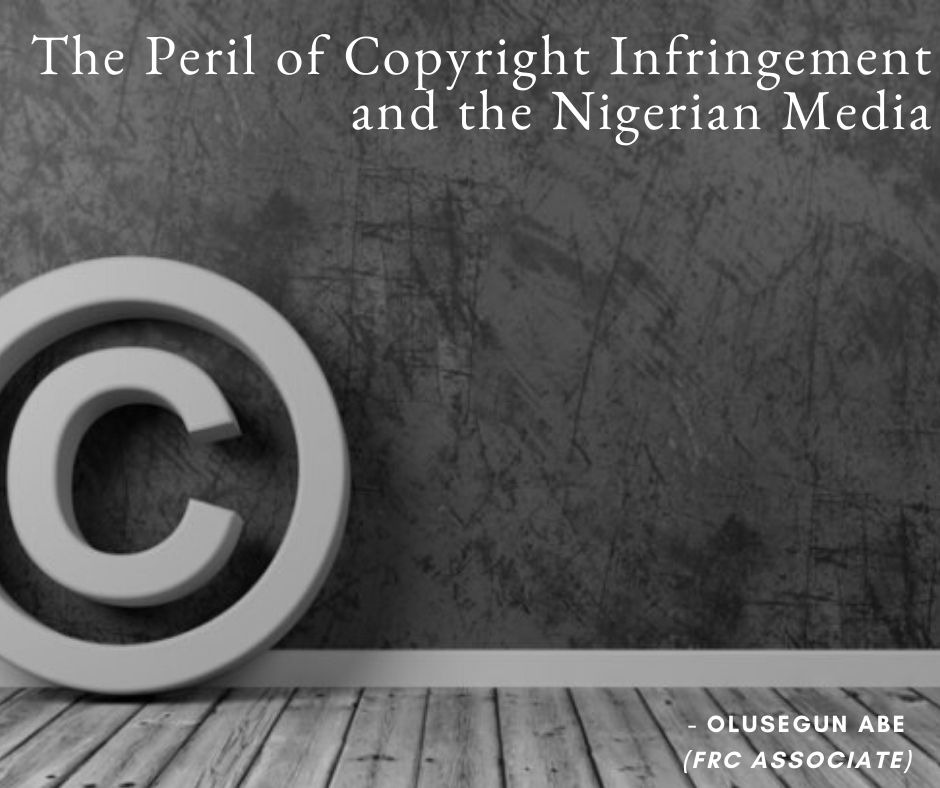
Introduction
The issue of copyright infringement is a key issue within the Nigerian media. The balance between satisfying an audience on one hand,and the possibility of infringing copyrights on the other has been the bane of Nigeria media over the years.
This article seeks to further educate on the concept of copyright, what constitutes infringement and the legal implication of those infringements, particularly in respect of transmission of the copyright work by the media.
Meaning of Copyright
The concept of copyright evolved as a result of a frantic search for a means of adequately protecting the interests of authors and publishers. It has been realized that the livelihood of those who create and distribute literary, dramatic, artistic, scientific materials which is the fabric of any civilization depends on such protection.
Hence, copyright is the exclusive and assignable legal right, given to the originator for a fixed number of years, to print, publish, perform, film, or record literary, artistic, or musical material. Copyright refers to the legal right of the owner of intellectual property. In simpler terms, copyright is the “right to copy”. This means that the original creators of products and anyone under their authority are the only ones with the exclusive right to reproduce such work.
Copyright law gives the creators of an original work exclusive right to further use and duplicate that material for a given amount of time, after which point the copyrighted item becomes public domain i.e. it becomes available to the public as a whole without being subject to copyright or any restrictions.
Copyright Infringement
Infringement of any copyrighted work simply means the doing or causing to be done, without the license or authorization of the owner, any act, the doing of which is controlled by copyright[1]. Section 14(1)(a) -(g) of the Nigeria Copyright Act 2004 (NCA)sheds more light on copyright infringement.
Section 14(1) of the NCA provides that, Copyright is infringed by any person who without the license or authorization of the owner of the copyright.[2]
- does or cause any other person to do an act, the doing of which is controlled by copyright;[3]
- imports into Nigeria, otherwise than for his private or domestic use, any article in respect of which copyright is infringed under paragraph (a) of this subsection;[4]
- exhibits in public any article in respect of which copyright is infringed under paragraph (a) of this subsection;[5]
- distributes by way of trade, offer for sale, hire or otherwise or for any purpose prejudicial to the owner of the copyright, any article in respect of which copyright is infringed under paragraph (a)of this subsection.[6]
Flowing from the above, it is important to highlight the following:
- Copyright is the exclusive right of the owner of the work in question.
- Only such owner has the exclusive right to broadcast or communicate such works to the public and/or authorize the doing of it.
- Any dealing in such works by a third party (the media inclusive) without authorization of the owner or an authorized body on the owner’s behalf, constitutes an infringement of the owner’s copyright.
Copyright infringement vis a vis the media
Copyrighted works are constantly and unabatedly being infringed by the media either intentionally or inadvertently. This is probablyas a result of the low level of awareness on the legal implication of such infringement or due to outright ignorance(which is not an excuse under the law). It is common in Nigeria that when a copyrighted musical work, that is, any music possessing an element of originality and which has been reduced to a fixed form, either cassette or disc is being played on a Radio or Television Station, it is regarded that some sort offavor is being given to the author of such work being aired. This view is significantly erroneous. It is only the copyright owner or whosoever he devolves such right by license or assignment thathas the exclusive right to broadcast same to the public. This is the position of the law[7].
For every musical work, cinematograph etc. that the media broadcasts to the public in the course of their business, there is the need for them to first obtain the owner’s consent/authorization for a definite fee/royalty or be ready to face the penalty for such infringement.
One other issue to be considered is that of popular musical work being converted or parodied/imitated for commercial purposes or used as jingle by a media house. The legal consequences of this is usually overlooked or underestimated. In the case of Williamson Music Ltd v. Pearson Partnership Ltd[8], it was acknowledged that well known works are frequently parodied in advertising, for commercial gain; and further held in the case that the use of the music by way of parody, for advertisement purpose, amounted to taking a substantial part and was therefore an infringement. The court further held that even though the lyrics may be different, but the music was an issue, being substantially the same with the copyrighted work.
However, in Nigeria, Media houses, with little or no regard, put to use copyrighted works for commercial purposes, whether directly as it is, or having been partly and/or casually parodied, without any remuneration to the copyright owner. It must be noted however, that exception to infringement in this category subsists, if only it can be established according to the laid down principle in the case of Joy Music Ltd v. Sunday Pictorial Newspapers (1920) Ltd[9]., which is equally applicable in Nigeria, by virtue of the Copyright Act, that:
“In considering whether a parody of a literary work constituted an infringement of the copyright in that work, the main test to be applied was whether the writer had bestowed such mental labour upon the material he had taken and had subjected it to such revision and alteration as to produce an original work[10].”
Therefore, if it can be established in the foregoing terms that, in the parody, substantial mental labour was bestowed as to alter the original, based on evidence, particularly by the maxim res ipsa loquitor[11], then it will no longer constitute an infringement.
Hence, without mincing words, the soul of copyright protection is assignment, license and authorization[12], which, invariably, seeks to protect:
- the intellectual property of the copyright;
- the remuneration accruable to him for his creativity and labour invested; and
- the just use of such copyrighted work by the benefiting public.
What Copyright Owners Need to Know
There is a heavy responsibility on copyright owners in literary, musical, cinematograph and other works similar to the business of the media, to ensure theformation of collecting societies whose main objectives would be to carry out general duties of negotiating and granting copyright licenses, collecting royalties on behalf of copyright owners and distributing same to them. Examples of such society in Nigeria are the Performing and Mechanical Rights Society (PMRS) andthe Musical Copyright Society of Nigeria (MCSN) which were both licensed by the Nigerian Copyright Commission about a decade ago, to operate and collect royalties on behalf of their members.
It is submitted that with the aid of a collecting society, it would be much easier to pursue payment of royalties when and where appropriate, rather than for an individual to do. Also, with the aid of the collecting society, it would be easier to monitor when copyright is infringed by any media organization. Going forward, copyright owners need to know that any ‘extensive’ use to which their work is put by the media, without due authorization, constitutes an act of infringement. It is high time copyright owners stopped believing the media is actually doing them a favor of free advertisement/publicity by the free use of their copyrighted works. The actual favor, is that when the works are used, the media concerned should pay the commensurate royalty or fee, as the case may be. Then, copyright owners would realize how much is lost to ignorance. This is however with deference to the fact that on certain occasions, as each case/situation may demand, copyright owners may concede free use of their works to the media on their own volition.
Conclusion
It is submitted that copyright work is constantly infringed by the media, however, to avoid the pitfalls, it is important for the media and copyright owners to realize their meeting point, and the fact that they must co-exist. This is an age in which the media outfits in Nigeria should be ready to pay for the services rendered to them by copyright owners, rather than broadcasting their works to the public under the guise of granting favors. By the time this proposed meeting point is acknowledged with ‘strict’ adherence, as the case may be, it will definitely bring about some positive ripple effects among which include:
- Benefits being generated by the media will immensely increase, as owners of copyright will learn to pay for the services rendered by the media.
- The media will also learn to pay royalties to copyright owners.
- Nigeria as a country will benefit from the payment of these royalties/fees paid by the media and copyright owners which will be subject to taxation.
- Most importantly, once the media and copyright owners find a meeting point or means to co-exist, they will be able to join forces and wage war against all form of piracy which has become a great evil in the industry.
- The collaboration stated above will go a long way in enlightening the general public on the concept of copyright, acts that constitute infringement and remedies available to owners of infringed copyright works.
These among other positive effects will further awaken the Nigerian Copyright Commission to establish more collecting societies for the purpose of collection of royalties which will on the long run make the industry/copyright owners more productive and further increase the country’s revenue in form of taxes.
Olusegun Abe
Associate, Funmi Roberts and Co
______________________________________________________________________________________________________________
[1] Section 14 (1) Nigerian Copyright Act,Cap 28 Laws of the Federation of Nigeria, 2004
[2] Ibid
[3] Section 14 (1) (a) Nigerian Copyright Act, 2004
[4] Section 14 (1) (b) Nigerian Copyright Act, 2004
[5] Section 14 (1) (c) Nigerian Copyright Act, 2004
[6] Section 14 (1) (d) Nigerian Copyright Act, 2004
[7] Section 10 and 14 (1) (a-g) Nigerian Copyright Act, 2004
[8] (1987) FSR 97
[9] (1960) 2 Q.B. 60
[10]Nigerian Copyright Act, 2004 op Cit., the cumulative reading of Section 5 and the second schedulethereof
[11] Meaning on the fact of it, the facts speaks for itself
[12] Copyright Act, op cit at S. 14 (1)
……………………………………………………………………………………………………………………………………………………………………………………………………………………………………………..
Follow FRC on Social Media: Linkedin | Facebook | Twitter | Instagram
Send FRC a mail via: info@funmirobertsandco.com
Call: Lagos: +234-902-079-0815 || Ibadan: +234-803-806-3543
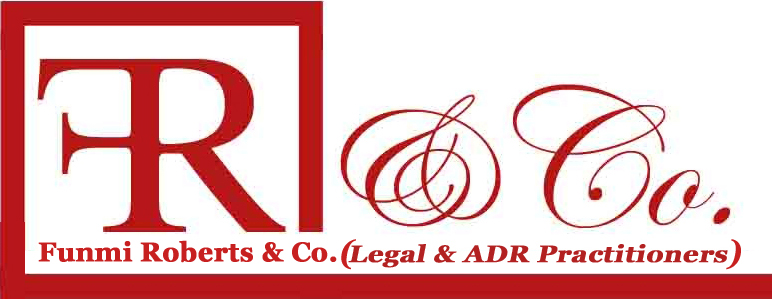

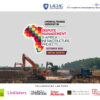
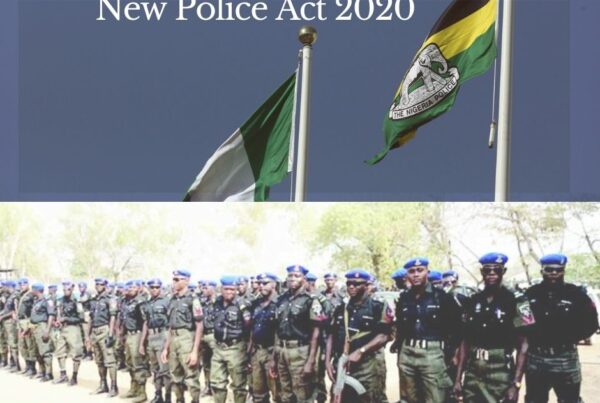
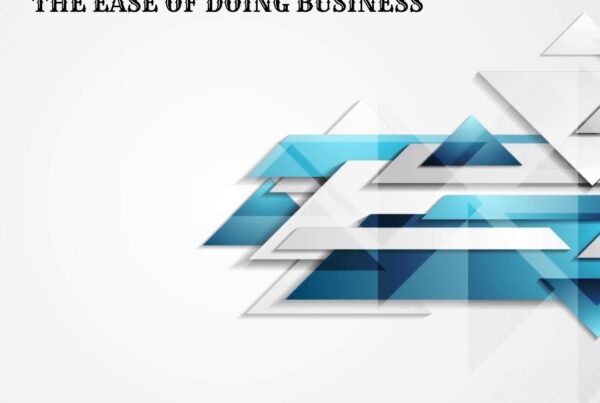

Recent Comments